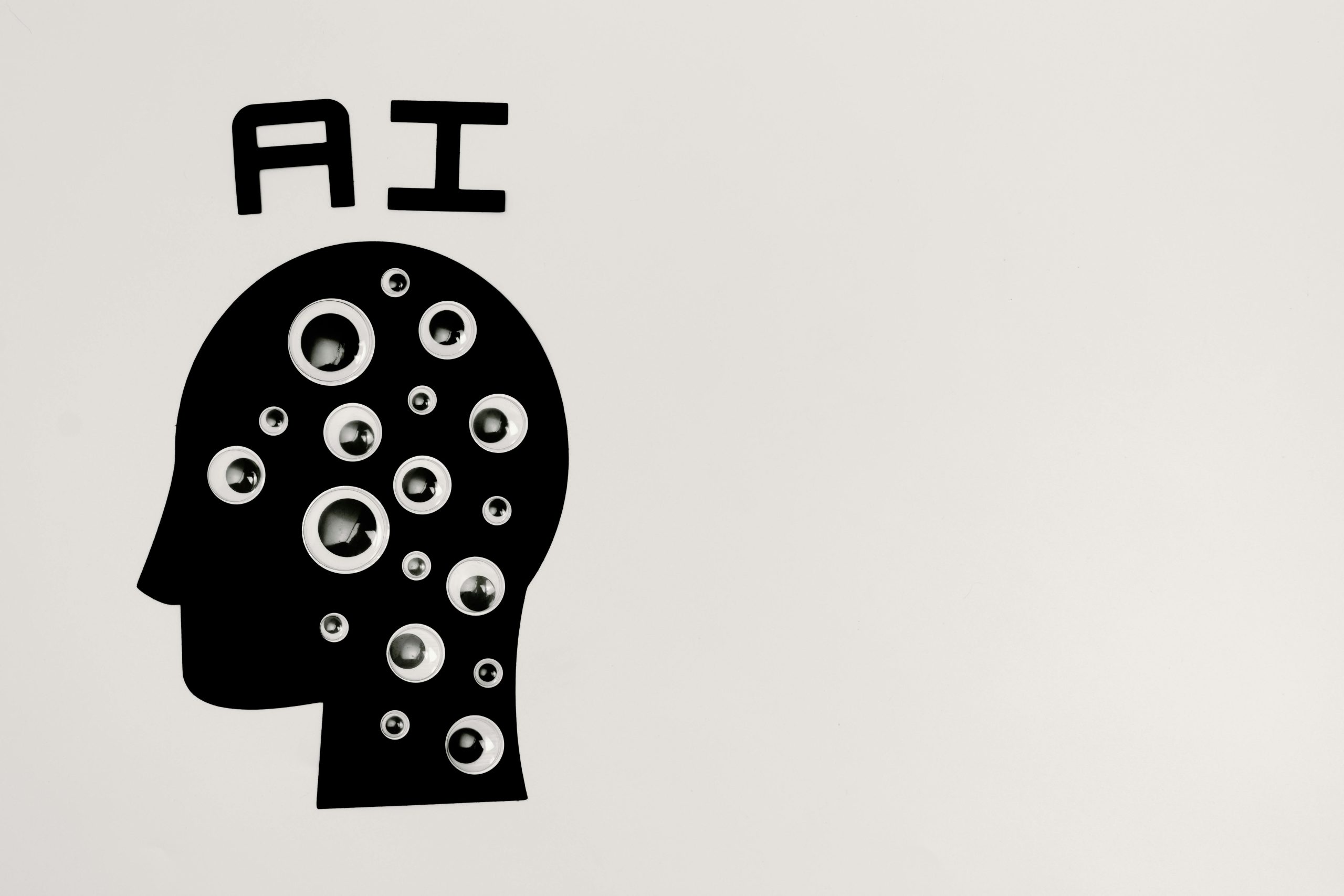Are We Still Fooling Ourselves into Believing That OpenAI’s Objectives Benefit Humanity When It’s Clearly Just About Making Money?
The Hidden Truth Behind Corporate AI Ambitions: Profit Over Humanity?
In recent times, a familiar narrative has emerged around the development of artificial intelligence by major players like OpenAI. Numerous claims suggest that these advancements are primarily aimed at addressing humanity’s greatest challenges—curing cancer, combating climate change, and solving complex global issues. However, it’s worth questioning whether these stories are just compelling rhetoric, or if they mask a different, more profit-driven reality.
Much like political motives are often cloaked in virtue, the genuine intent behind many AI initiatives may be less altruistic than they appear. Take, for instance, the geopolitical narrative used to justify conflicts—claims of protecting minorities or promoting peace often mask territorial ambitions and resource acquisitions. Similarly, the promises of AI as a benevolent force for good could be veiled strategies to maximize financial gains.
The AI industry frequently presents itself as a collective dedicated to societal well-being. Many companies proclaim their commitment to ethical development and a future where money becomes obsolete—what some call a “post-scarcity” world. Yet, beneath this veneer of noble intentions lies a relentless pursuit of profit. The industry’s core motivation appears to be dollar signs, with rapid innovation driven by the desire for exponential financial growth.
Historically, organizations like OpenAI invested heavily in research aimed at developing safe and responsible AI solutions. They assembled safety teams, experimented with various projects, and aimed for cautious progress. But as soon as a viable, scalable model—large language models—emerged, the focus shifted abruptly. The emphasis was on expanding these models, increasing their datasets, and optimizing for commercial use. Crucially, safety and responsible research took a back seat, with some safety teams being disbanded to accelerate development.
Why the rapid shift? The answer lies in the immense potential for profit. Corporations see AI as a tool to replace human labor, slash operational costs, and significantly boost their bottom line. Instead of channels aimed at healthcare breakthroughs or climate solutions, many of these companies are laser-focused on monetization. This shift has often resulted in shelving alternative research paths and shuttering transparency, as proprietary models and secretive development become the norm.
Unfortunately, this relentless pursuit of profit comes at a human cost. Millions of jobs are already threatened by automation, and the future may hold even harsher consequences for countless others. As AI-driven automation replaces human roles, the promise of affordable healthcare or life-saving treatments financed by AI seems increasingly out of reach—especially














Post Comment